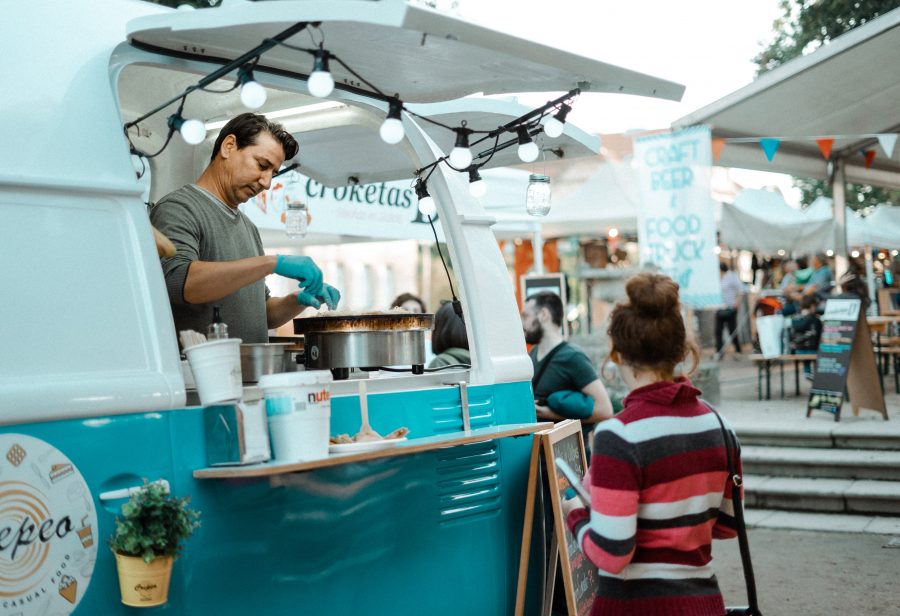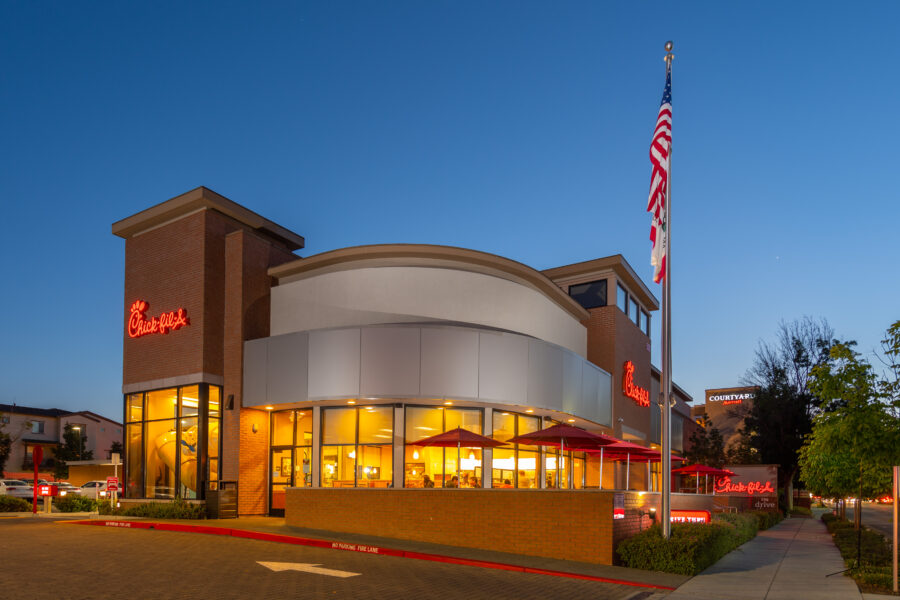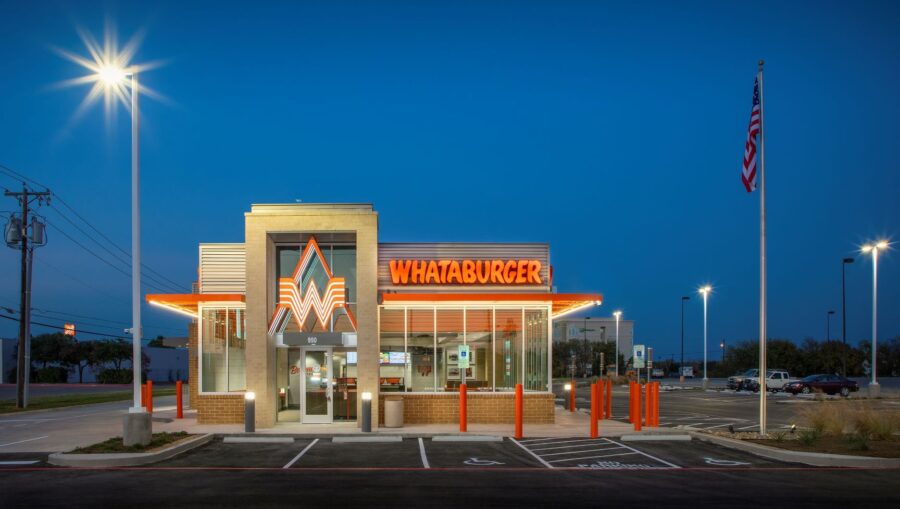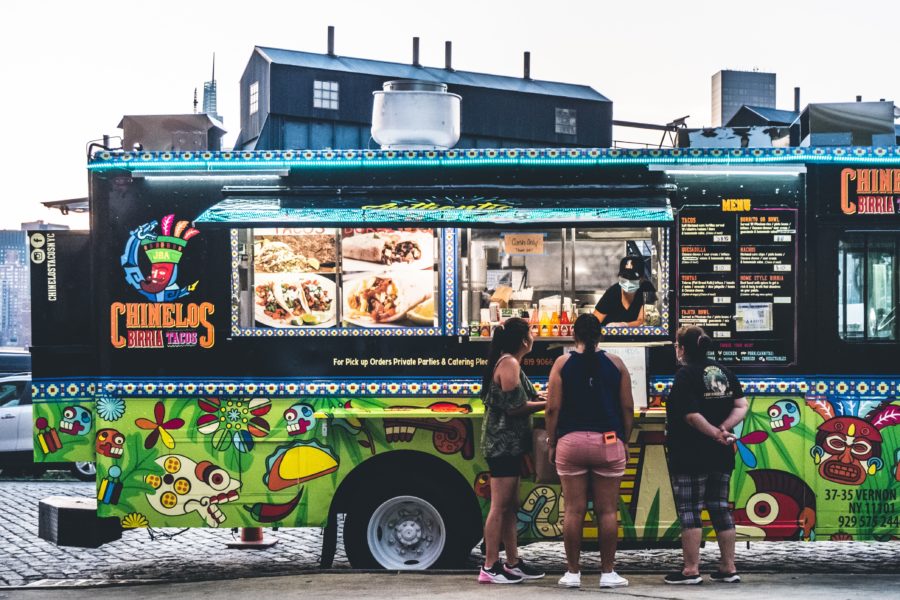Food trucks are being saved by the suburbs during the pandemic after no longer able to depend on busy city centers, reported Omaha World-Herald (Aug. 21).
The industry has found new customers who enjoy sampling new cuisines and mingling with neighbors while safely staying close to home.
“This is festival season, fun season. All the stuff we typically do as humans, we can’t do anymore,” said Matt Geller, president of the National Food Truck Association. “Walking out to a food truck is a taste of normalcy, and it feels really good.”
Weekday lunchtime business is where food trucks usually make most of their revenue, which may be around $800 to $1,200 a day, according to Geller said. Now, many are adjusting their business models and focusing on adding dinner, kid-friendly options, and preparing for larger orders.
In particular, the suburban shift has been successful for food trucks in places like Seattle, Nashville, and Austin.
Piroshky Piroshky, a Seattle institution at Pike Place Market, lost 90% of its brick-and-mortar business when the pandemic hit, according to operations manager Brian Amaya. The bakery pivoted to online sales, home deliveries, and food truck events.
The 28-year-old business is considering adding a second food truck. “It’s enough to pay our employees and cover the cost of it and make a little bit of revenue for us to keep going,” Amaya said.
In Nashville, B.J. Lofback decided to pivot his food truck and restaurant away from labor-intensive Korean food after laying off most of his staff when business dwindled. He rebranded as Pinchy’s Lobster Co. and now sells lobster rolls, which he can largely prep himself.
Lofback and other Nashville truckers began reaching out to homeowners associations in large subdivisions—which has been successful.
Recently, Whataburger debuted its food truck to promote the chain’s 70th anniversary. The truck will travel around Whataburger’s existing market in 2021, with possible diversions for natural disasters and emergency events where people need food.
“We wanted a way to connect even more with our communities and to introduce Whataburger to new customers in a new and exciting way,” said Rich Scheffler, VP of marketing and innovation for Whataburger. “And this truck is a showstopper.”
Additionally, Crave Hot Dogs and BBQ can now launch food trucks nationwide due to its partnership with Jordan Schild of Premiere Food Trucks.
The company said the food truck option will allow people at almost any investment level to become a franchisee. It’s in negotiations for food trucks in Florida, Tennessee, and Nevada.
“We have seen a very large increase in demand for Crave food trucks and want to be able to produce these trucks for franchisees and have them available nationwide,” the company said. These trucks will allow people with most any investment level to be able to become a Crave Franchisee.
However, some regions aren’t embracing the food truck trend. Maryland’s highest court ruled against food trucks, reported The Baltimore Sun (Aug. 19). The court upheld a previous ruling to keep Baltimore’s “300-foot rule.”
The court said the law, which prohibits mobile vendors from operating within 300-ft. of a competing retail establishment, is constitutional because it is not “arbitrary, oppressive, or unreasonable.”
Baltimore food truck owners Joey Vanoni, of Pizza di Joey, and Nikki McGowan, of Madame BBQ (now known as MindGrub Café), first contested the ban four years ago in a lawsuit. The suit alleged the city law prohibiting food trucks from operating close to another establishment that sells the same product violated their constitutional rights.
The lawsuit argued that the rule’s only purpose was to protect brick-and-mortar businesses from competition.
In a statement, the Maryland Mobile Food Vending Association said the city’s law favors restaurants. “As Food Truck owners, we encounter many obstacles on a daily basis due to being mobile, not to even begin mentioning the licenses needed to operate on a county by county level, having restrictions on top of it, especially ones that are vague, makes it even harder to serve our customers,” the statement read.
The court said that while the food truck owners see the rule as an infringement on their rights, the court sees it “simply as democracy in action.”
Institute for Justice Senior Attorney Robert Frommer took another view: “At a time when Americans are struggling to get by and food options are growing more limited each day, Baltimore has been allowed to put further limits on food options to protect established restaurants and businesses.”









